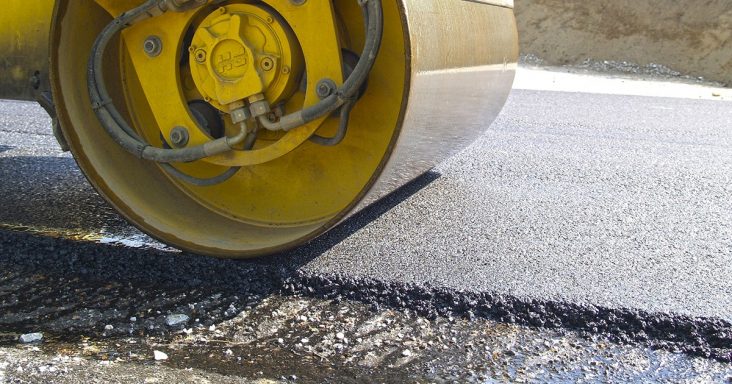Planners, legislators await decision on grant to complete I-49 segment
by December 4, 2018 3:12 pm 2,941 views

Northwest Arkansas planners and legislators continue to await a decision from the federal government on the fate of a $25 million grant that would be used to build a 4.81-mile segment of Interstate 49 and to complete the 18.9-mile Arkansas/Missouri connector, also known as the Bella Vista Bypass.
The U.S. Department of Transportation is expected to decide by Dec. 18 on whether the Northwest Arkansas Regional Planning Commission will receive the grant money for which it had applied July 18. The money would come from the $1.5 billion Better Utilizing Investments to Leverage Development (BUILD) program, which has replaced the Transportation Investment Generating Economic Recovery (TIGER) program.
The commission would give the money to the Missouri Department of Transportation to complete the $48 million segment. Work would allow other transportation projects to be completed in Arkansas and lead to the completion of an 18.9-mile gap in I-49 between Pineville, Mo., and Bentonville. The Arkansas/Missouri connector, or Bella Vista Bypass, not only has the support of transportation departments in Arkansas and Missouri but also U.S. legislators.
“Interstate access heralds the continued economic growth of any area, which is why completing the Bella Vista Bypass is vital for Northwest Arkansas and Southwest Missouri,” said U.S. Sen. Tom Cotton, R-Ark. “Many businesses and future infrastructure projects depend on its finalization, and I will continue to partner with the Northwest Arkansas Council and elected officials in Washington to press for the project’s completion.”
The same day the planning commission applied for the BUILD grant, Cotton and six other federal legislators, including Sen. John Boozman, R-Ark., sent a letter to Secretary Elaine Chao of the Department of Transportation and expressed their support of the application.
“Senator Boozman has long supported completion of this critical project, which is vital to continuing economic growth in the region and improving safety for motorists,” said Sara Lasure, spokeswoman for Boozman. “Federal funding opportunities like the BUILD grant are meant to help projects like this. That’s why the senator recently sent a letter to Transportation Secretary Elaine Chao supporting the NWARPC’s grant application.”
The letter showed that the $25 million grant would allow for $91 million in state and federal money to be used. The Arkansas projects that could be completed with this money include the interchange at the start of the existing Bella Vista bypass in northern Bentonville and the remaining 2.5-mile segment of the bypass in Arkansas, from Benton County Road 34 to the state line.
Work on the interchange, the remaining segment of the bypass in Arkansas and the 4.8-mile portion in Missouri should be completed in early 2022, if the planning commission were to receive the BUILD grant this month, said Tim Conklin, transportation programs manager for the commission. The Department of Transportation is expected to announce the grant recipients by Dec. 18, and Conklin is hopeful the commission will receive the grant.
“The plan B is everywhere I go, I talk about the ability to complete an interstate that will connect the national freight network in the United States, and part of I-49 in Arkansas is on the primary freight network,” Conklin said. “Obviously, everything we receive in our region and ship out of our region is on a truck typically.”
In June, the planning commission learned it would not receive funding from the $1.5 billion Infrastructure for Rebuilding America (INFRA) program for fiscal years 2017 and 2018. In September 2017, it had applied to receive $32.4 million from the program.
Over the past 25 years, Missouri and Arkansas have worked to complete I-49 between Interstate 40 in Arkansas and Interstate 70 in Kansas City, Mo. On Dec. 12, 2012, I-49 between Kansas City and Pineville was completed. When the 18.9-mile connector is completed, an uninterrupted 265 miles of I-49 between Kansas City and Fort Smith would be complete. In 1991, Congress designated the interstate as high priority corridor No. 1.
